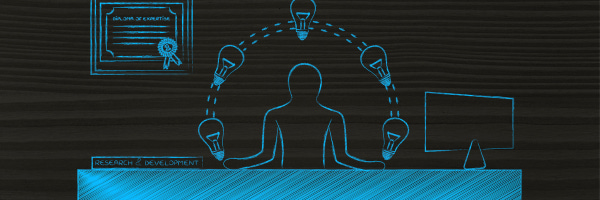The Cost of Not Yet and Half-Dones
When other people fail to fulfil their duties, guess who pays - you pay.
Hello there,
It's great to have you here! Today, we are discussing the consequences of leaving things incomplete or postponing them.
When others fail to fulfil their duties, you pay the price. This means taking on extra responsibilities or controlling things out of your domain. Similarly, others must pick up the slack and pay the cost when you accumulate half-done and still need to do it.
Sometimes, it's okay to let things pass. Yet, know and establish a point where you hold yourself and others accountable.
Have you been in a car with a broken air conditioner during a hot summer?
You may have experienced a more or less extreme situation than the one I just gave. The point is - it is costly to have things not working as they are supposed to.
I recall my first experience with load shedding in Cape Town, South Africa.
Imagine...
You wake up at 4:15 am to meditate and exercise and find the lights are off. It is summer, those hot days. It is so hot that, borrowing my nephew's words, ' the refrigerator starts peeing.' You left your phone in the living room, and the battery is running low.
Because it is the beginning of summertime, you are only getting enough daylight at 6 am.
Yet, you are resilient, so you still meditate and then run to the gym; there is also no electrical power.
What do you do? Right...
Leave the gym and continue running. The streets are dark, so you use your light torch (if you have one); if you don't, you force your body and mind to be hyper-aware.
Did you notice how many things you rely on every day to free up your attention and energy for other things?
Proceeding...
You arrive home, and there is still no electrical power. So, you proceed with restructuring your daily routine. You ignore certain things in your apartment, calling for your attention and head over to work.
As you leave the gate, the electrical power is back. Yet, you get mixed feelings. You had to use more energy to achieve in-hours, tasks that usually take minutes.
You find traffic because the traffic lights are half-working. They turn on and off randomly. The other drivers are way less patient today. You must drive extra vigilant so as not to cause or suffer an accident.
You managed to get to work, and the electrical power was also gone. The cleaners could only cover the half-part of the building where there was light.
Your side of the office still needs to be done.
You and some coworkers are upset.
You've spent almost an hour discussing the inefficiencies in public and private institutions.
Your next hours are spent with a senior leader. She announces that the new client you were excited about and onboarded is cancelling the big contract.
What? Wait, ma'am! Haibo! What?
Yes, it was the load shedding. It is hurting their business and their industry.
You are a problem solver.
Let's phrase it using what my aunt taught me: You are a solution-finder.
You start debating solutions with yourself...
You finally get ready to tackle your tasks for the day, but it is 2 pm, launch time. You decide to deprioritize some work and leave it for tomorrow.
Did you notice that?
You have created extra work for the future, which usually compounds.
Did you get the point?
Here, it is a significant source of inefficiencies. Now imagine it at scale.
Imagine this sort of inefficiencies in your family dynamics;
Other relationships;
The school system;
Your workplace;
Your community.
The cost is high, and some of us pay too high for that.
Even if you are not in a position of power. Even when you cannot control every subsystem within the broader system you are in or part of. Once you identify, help handle inefficiencies.
Quick recap
Want to know a way to increase efficiency?
Complete the things you haven't done and do them now.
Warmly,






